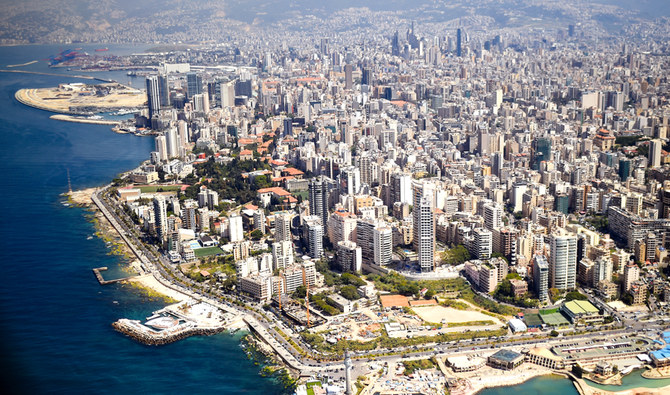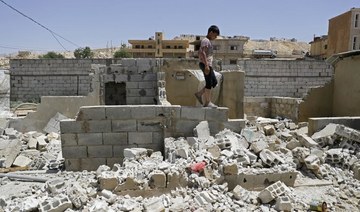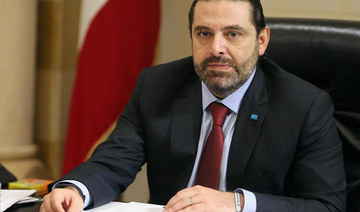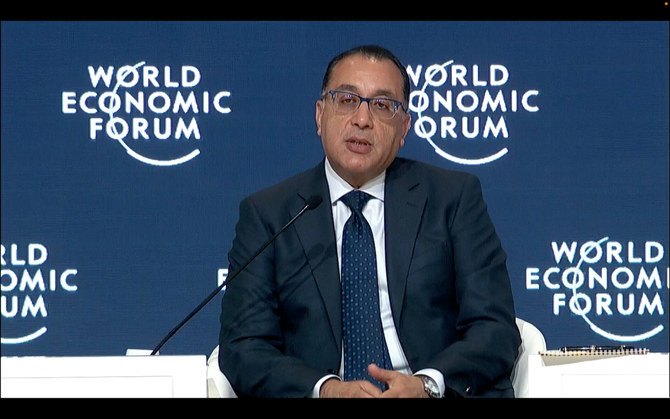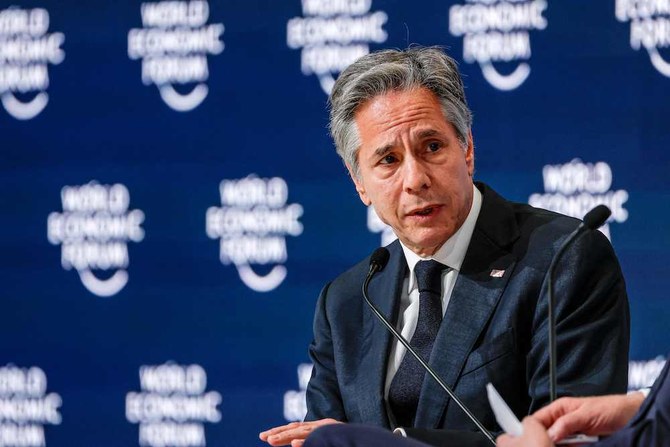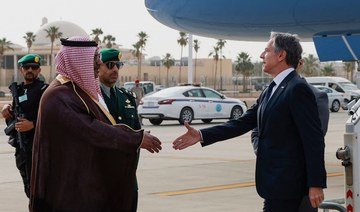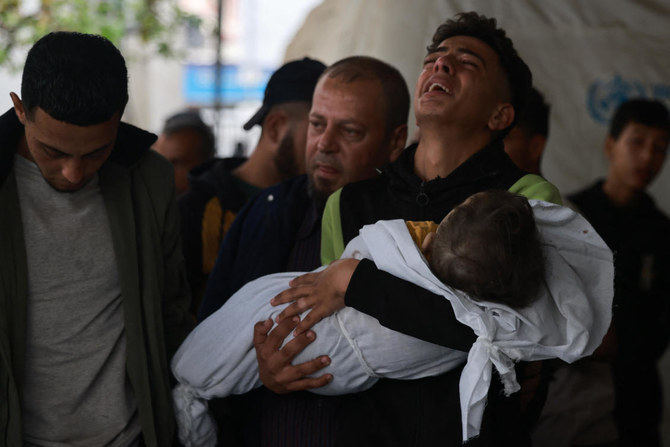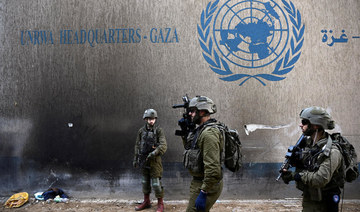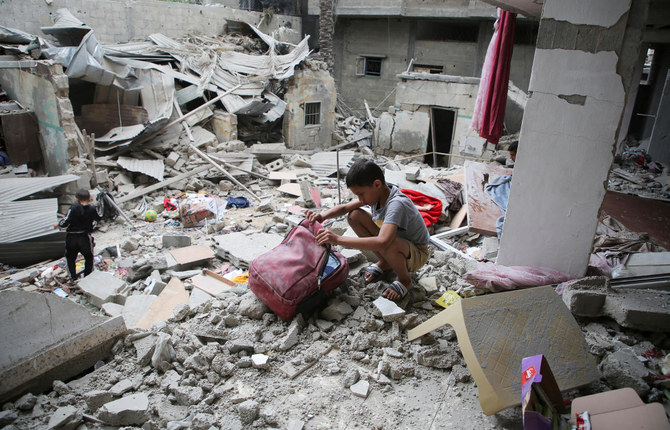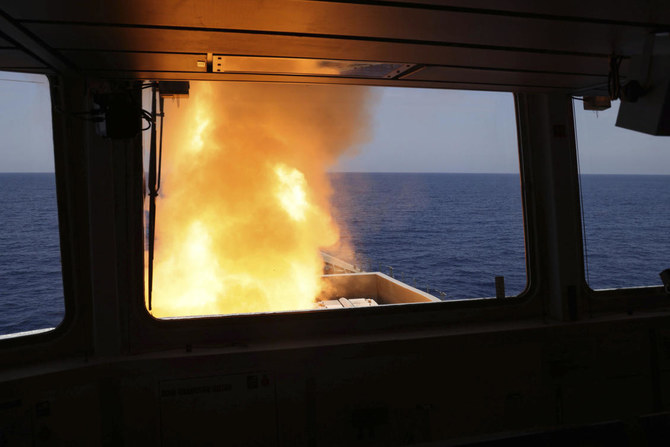BEIRUT: “The gold and jewelry trade in Lebanon has witnessed a decline in sales ever since the outbreak of the war in Syria in addition to the regional developments, and the situation has worsened in the past two years,” said Antoine Mghani, the president of the Syndicate of Jewelry in Lebanon.
“Gold shops in Burj Hammoud, which is dominated by Armenians and where tens of young people work as goldsmiths, have begun to shut down. Gold shops are turning to Shawarma and Falafel restaurants,” he said.
“These young craftsmen are seeking to emigrate to the United States after obtaining passports from Armenia, which makes it easier for them to obtain immigration visas to the United States.”
The gold and diamond markets in Lebanon are concentrated in Beirut, Tripoli (North Lebanon), Jounieh (Mount Lebanon) and other areas.
The syndicate, which is supposed to embrace all workers in this field, has been divided since the 1980s as a result of the civil war. Mghani estimates the number of people working in the gold and jewelry trade at about 5,000 Lebanese.
Only about 400 are members of his syndicate, while Beirut’s gold dealers belong to a different one. There are 12 gold-processing plants in Lebanon and some of the goldsmith’s shops have been operating for 120 years.
The two syndicates protect the stakeholders before the law.
Pictures and specifications of stolen jewelry are shared between them, so that they don’t buy any stolen merchandise. Lebanon, which shares most of its borders Syria, is open to smuggling operations of stolen goods that are being discharged in the Lebanese market.
“The owners of stolen jewelry from Syria who wish to sell them in Lebanon head to the shops that are the closest to the borders between the two countries, instead of going to Beirut, where there is more vigilance and greater caution by shop owners,” said a Syrian diamond dealer at the Beirut gold market, who wished to remain anonymous.
“A young Lebanese man visited me a few months back and told me that he was fighting in Syria while revealing a 7-carat diamond he wanted to sell,” said another Lebanese diamond dealer in the same market, also on condition of anonymity.
The dealer said that he refused to buy the diamond. “I do not buy stolen goods and I do not buy from the thieves. I have a reputation to maintain in the market.”
The president of the Goldsmiths Association in Damascus, Ghassan Jazmati, told the Syrian newspaper Al Watan three months ago: “The gold is being smuggled from Syria to Lebanon and the proof is the Syrian gold with no stamping filling storefronts in Beirut, especially 21-karat gold.”
However, Mughni stressed that "Syria does not affect the Lebanese market." He said: "Aleppo produced gold, but there were no factories, all destroyed, some went to Turkey and a small number came to Lebanon."
"The stolen gold in Syria is being turned into bullion to facilitate its sale wherever it is, and usually the stolen goods in Lebanon are being disposed of in Syria or in Lebanese areas where there is no complete control of the state." In Syria there are chaos and open borders between us. They took their gold to Lebanon as savings, and the distinction between the thief and the right owner needs experience from the seller. "
Bilal Ghandour, a gold and diamond dealer, said: “Syrian workers in Lebanon are transferring their savings into 21-karat gold because its value does not drop when they wish to sell. During the period of Syrian resurgence in Lebanon, our business bloomed, whereas in light of the restrictions on Syrian workers, their gold purchasing power has diminished.”
As for stolen gold from Syria and attempts to sell it in Lebanon, Ghandour stressed: “We cannot know whether it is stolen or not, but we usually ask for a receipt and rely on our assessment of the person wishing to sell.”
Mghani confirms Lebanon’s commitment to the Kimberley Process to prevent the sale and purchase of blood diamonds: “Lebanon is committed to international agreements and is working hard in coordination with the central bank to clean up any similar situations.”
On the possibility of money laundering through the gold and diamond dealership, Mghani said: “Money laundering needs a strong discharge, and this is not available in Lebanon.”
There is no law in Lebanon that obliges gold and diamond dealers to join the syndicate, especially since affiliation requires the applicant to be accompanied by 4 or 5 people who know him.
“Anyone can become a gold seller. He may be a butcher and decide to become a gold seller. He does not need a license like a pharmacist, so there is a bit of disorder in the sector. We need a more active presence from the jewelry department at the Ministry of Economy.”



